Latest News
Top Story
 Zanu-PF extends winning streak in local polls
Zanu-PF extends winning streak in local polls The ruling Zanu-PF party has once again tightened its grip on local politics after winning weekend by-elections by overw...
Top Story
 Ramaphosa posts explicit videos on X
Ramaphosa posts explicit videos on X President Cyril Ramaphosa's official X account (@CyrilRamaphosa) briefly published explicit videos on Friday during his ...
Top Story
 India dumps US Treasury bills
India dumps US Treasury bills India has reduced its holdings of US Treasury bills over the past year, reflecting a more cautious approach in its centr...
Top Story
 ZSE and VFEX recover after weak 1st half
ZSE and VFEX recover after weak 1st half Zimbabwe's equity markets had a subdued first half of 2025, with the Zimbabwe Stock Exchange (ZSE) shedding 3% in real ...
Top Story
 Gold edges up as traders await guidance
Gold edges up as traders await guidance Gold edged higher as traders weighed the outlook for US monetary policy ahead of a key speech by Federal Reserve Chair J...
Top Story
 Fastjet adds early morning Joburg-Harare flight
Fastjet adds early morning Joburg-Harare flight Fastjet Zimbabwe is strengthening its regional network with the launch of an additional daily frequency between Johannes...
Top Story
 Young Investment Professional (YIP) Graduate Programme 2019
Young Investment Professional (YIP) Graduate Programme 2019 Company Name Investec Asset Management Company Location Cape Town, Western Cape, South Africa Click HEREJob descriptionO...
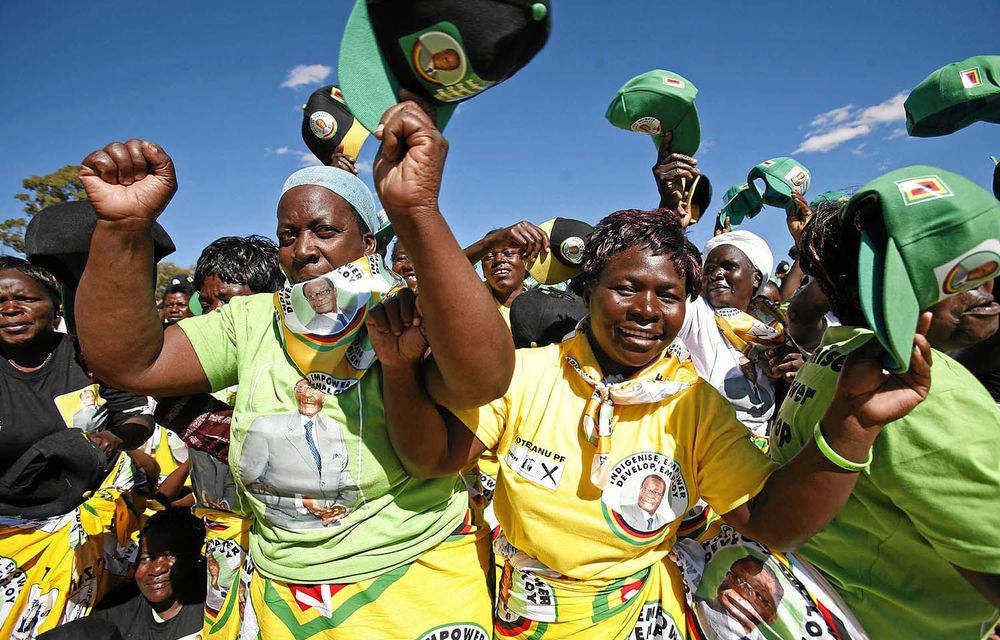
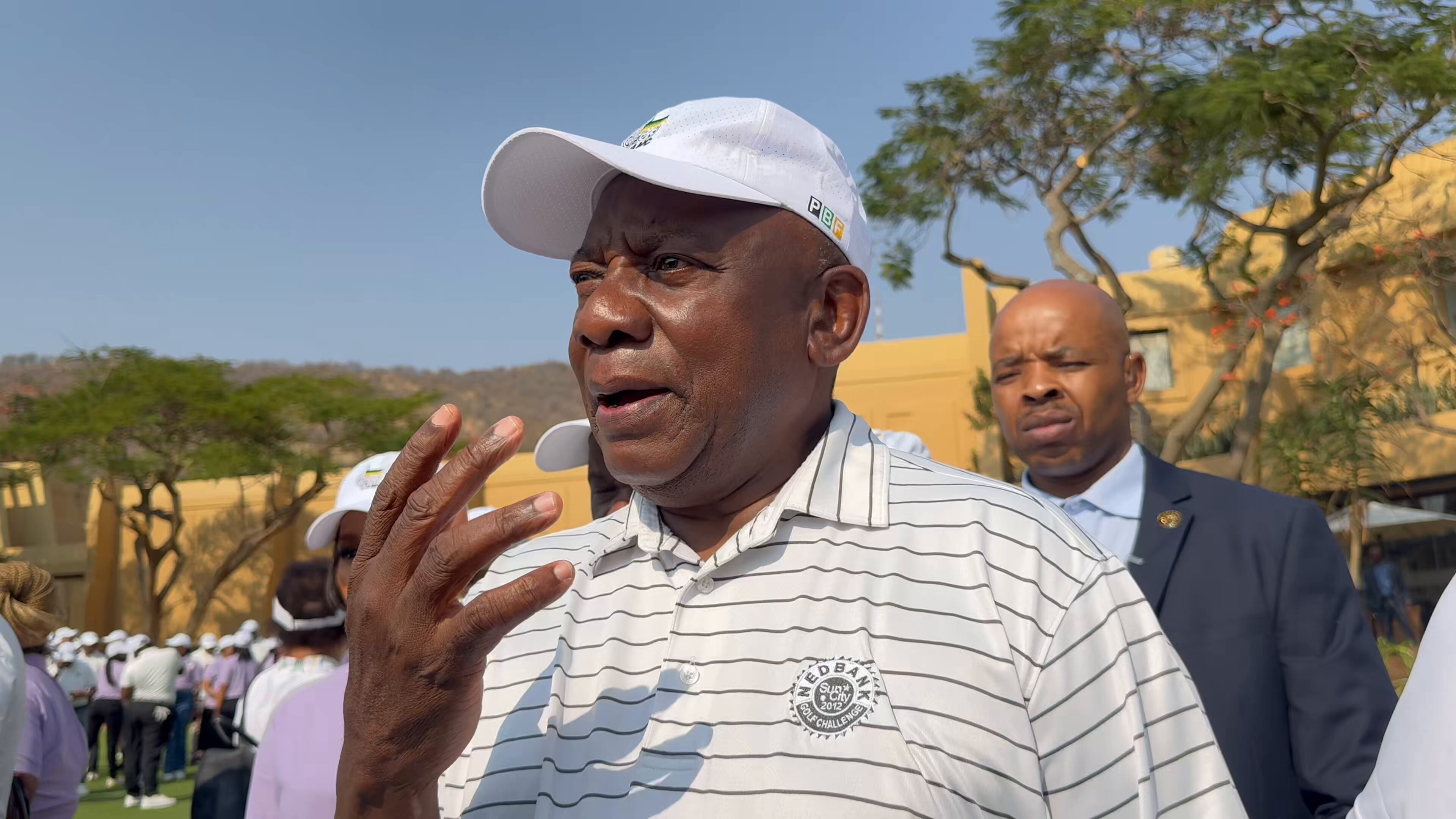



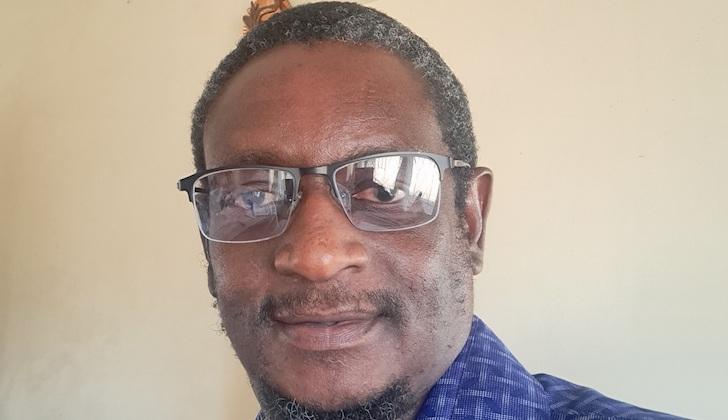
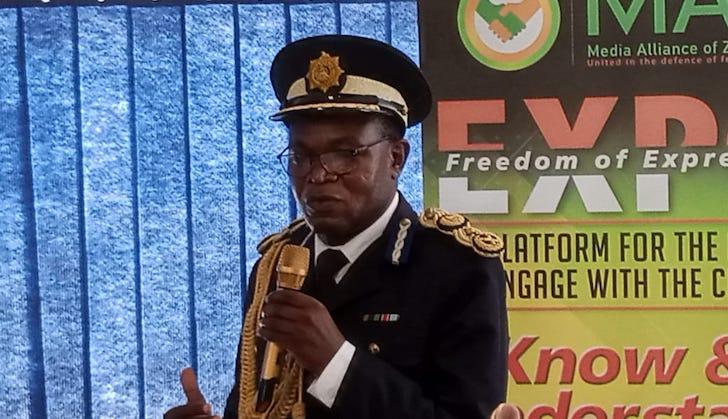

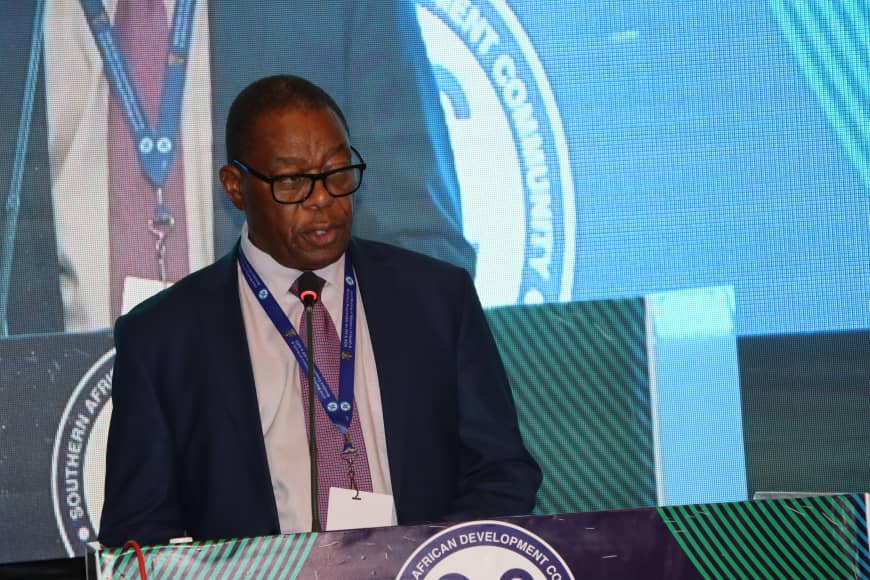
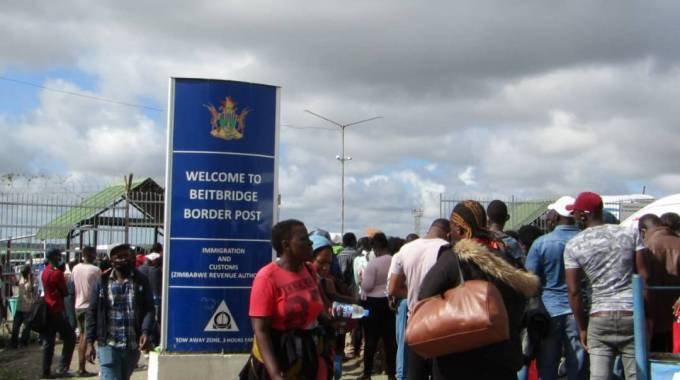

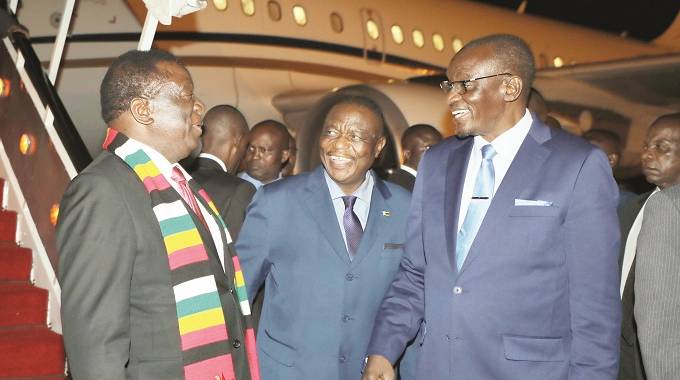
 Young Investment Professional (YIP) Graduate Programme 2019
Young Investment Professional (YIP) Graduate Programme 2019
Editor's Pick